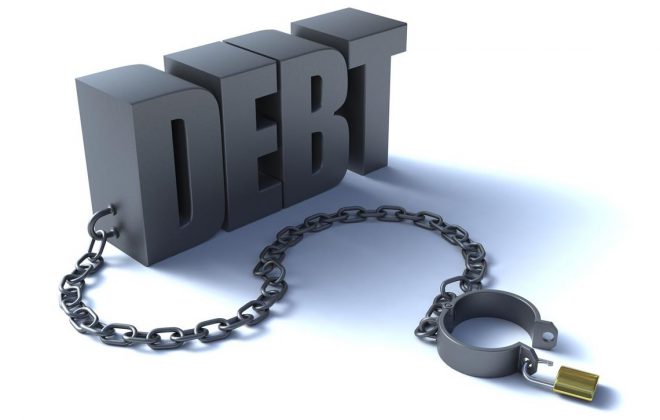Curb your debt appetite – only borrow when necessary
This week Moneyshop shows you how to stay out of debt even when it seems impossible.
The second quarter of 2018 saw a spike in the number of consumers who applied for credit. However, with emergency circumstances such as retrenchment, divorce, fuel hikes, high food prices and unexpected medical expenses, this number could increase even further.
So how can you curb your debt appetite and ensure that you don’t add to the statistics above?
Carla Oberholzer, debt advisor from DebtSafe, says you need to start planning in order to avoid debt. She recommends that you take the following steps:
- Have a personalised budget outlined for yourself – whether it be online, on an app that you regularly use or put it on the fridge’s door if you need to.
- Always have a weekly, bi-weekly or monthly shopping list. This will prevent you from buying more than you need to and use credit to pay for groceries or basic needs.
- When out shopping make use of the envelope system and do not exceed the amount of cash you have in that envelope.
- Make sure that you set up debit orders for medical aid and insurance.
- When you receive your salary always try to “pay yourself first”. You can start with a small amount and change it accordingly in months to come.
- Save some money. You will be able to use your stash either as an emergency fund when an unforeseen event happens, or you can use it instead of incurring debt.
- If you have debt already, make use of the snowball method where you pay your lowest instalments like a store card off first and then tackle your higher interest rate debt, such as a credit card. This will motivate you to tick off your debt one by one.
- Always try to change your money psychology and the way you think about money – don’t include luxuries in your buys and when you spend money. Use it sparingly and for an intended purpose.
“Credit is not bad, but the way you use it or the habits that go along with it, can make it bad,” says Oberholzer.
She urges you to change your mind, behaviour and mannerisms when it comes to money, debt and credit.
If you find yourself over-indebted, debt counselling can be an option for you. This article has been prepared for information purposes only and it does not constitute legal, financial, or medical advice.The publication, journalist, and companies or individuals providing commentary cannot be held liable in any way. Readers are advised to seek legal, financial, or medical advice where appropriate.
MoneyShop
Related Posts





